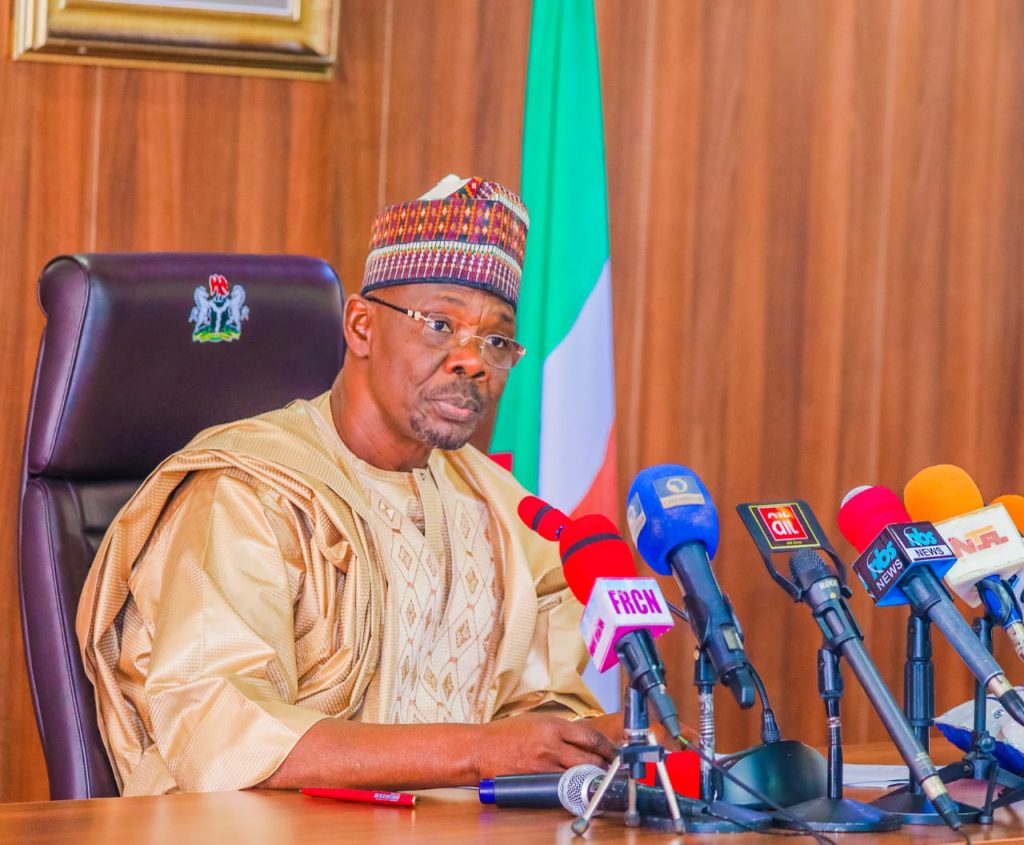Governor Abdullahi Sule of Nasarawa State has attributed the ongoing dispute between Dangote Refinery and the Petroleum and Natural Gas Senior Staff Association of Nigeria (PENGASSAN) to a “gap in communication,” urging both parties to engage in meaningful dialogue to resolve the crisis amicably.
Speaking during an appearance on Channels Television’s Politics Today on Monday, the governor, who has a background in the private sector, including previous leadership at Dangote Sugar Refinery, emphasised the critical importance of the Dangote Refinery to Nigeria’s economy and stability in the energy sector.
“I will actually appeal to PENGASSAN, as well as the Dangote management and the federal government to ensure that this is resolved without even going to court, because these are partners that are going to work together for a very long time,” Sule said.
It’s bigger than Dangote now
Sule highlighted the transformative impact the refinery has already had, pointing to reduced dependence on petroleum product imports, decongestion at ports, and increased self-sufficiency in fertiliser and petrochemical production.
“The Dangote refinery in Nigeria is not for Dangote alone. It’s for Nigerians right now,” he stated. “It has saved Nigeria so many issues, so many challenges, so many problems.”
The governor underscored that with the facility already exporting petroleum products to multiple countries, ensuring its uninterrupted operation was essential not just for Nigeria, but also for its international credibility.
“We cannot afford to have any challenge with that institution. In fact, the world will laugh at us,” he warned.
Government vs Private sector labour relations
Drawing from his experience managing both public and private enterprises, Sule explained that union dynamics tend to differ between government-owned entities and privately-run organisations.
“When I was running the Dangote Sugar refinery, the way it was being run with unions was quite different from the government-owned Savannah Sugar,” he noted.
He explained that while the private sector may not encourage deep involvement of employees in union activities to the extent of holding leadership positions, the firms often still meet or exceed union demands regarding staff welfare.
“Whatever the unions agreed to, the benefits that will be given to the union members, they were given exactly that—sometimes even more.”
According to Sule, PENGASSAN and the Dangote Group need to sit down for constructive dialogue and move beyond the public statements and legal actions, noting that both sides will need to work together for the long haul.
Background
The ongoing dispute stems from recent layoffs at the Dangote Refinery, which PENGASSAN alleges were targeted at union members. The association subsequently threatened to halt crude and gas supply to the refinery, prompting a court injunction temporarily restraining them from embarking on industrial action.
Sule expressed hope that once the immediate tensions are defused, a more structured approach to managing labour relations at the refinery will emerge.
“After resolving it, we have to draw a timetable,” he suggested, pointing to the need for long-term planning in union engagement.



